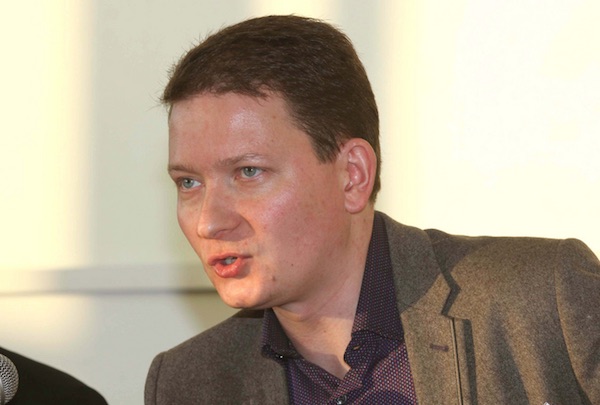
Michael Finucane, the eldest son of Pat Finucane and a practising lawyer based in Dublin, on his response to revelations about the murder in declassified papers.
The murky truth behind the murder of Pat Finucane is still shocking, even after 30 years, and the contents of the 1989 Irish State papers emphasise the need for a full public inquiry into the involvement of the RUC and the British state in the killing.
The fact people who colluded to encourage and facilitate my father’s murder have never had to account publicly for their actions is nothing short of scandalous.
Moreover, the United Kingdom is in breach of its legal obligations by not implementing the findings of the UK Supreme Court, which decided that the investigations carried out to date do not satisfy the legal requirements of the UK government, imposed by the European Convention on Human Rights.
This was the finding of the court in February of this year and the British government has done precious little since to address the situation.
The contents of the Irish State papers reveal that the Irish Government was well aware of what was happening in Northern Ireland and made its feelings known on the matter at the time to the British authorities and the British prime minister, Margaret Thatcher.
It is a matter for speculation now, thankfully, but it seems quite likely that the lives of other solicitors were saved as a result of Irish intervention.
More solicitors could have been murdered as a result of the activities of the RUC, British Home Office minister Douglas Hogg and the British army. The State papers reveal what was known at the time but, when read in conjunction with other reports which have been published since then, the extent of the collusion that existed between the various arms of the British state and loyalist paramilitaries becomes clearer.
Other confidential papers referenced in the 2012 report of Desmond de Silva QC showed that threats to my father’s life were known about by the RUC from the early 1980s. He was not warned at the time that his life was in danger following a decision by senior RUC officers not to tell him. It is clear that, as time went on, other solicitors who were undertaking the difficult work of defending people in the Diplock courts were also at risk of being murdered by loyalists.
Why were they in such danger? Because the RUC was giving their names to loyalists when they were in RUC custody.
When that is combined with the statement by Douglas Hogg in Parliament, a horrifying conspiracy is revealed: procurement of murder by the police and political cover afterwards by the government.
It is a scenario reminiscent of a third world dictatorship but it was happening in the supposedly democratic state just across the Irish Sea.
Britain claims to be a modern, democratic state which respects the rule of law and prides itself on upholding democratic values. If this is really the case, then it must acknowledge the need for a public inquiry into the murder of Pat Finucane and the collusion between the state and loyalist paramilitaries.
It remains an issue of public importance and will continue to be a significant issue that does nothing to resolve conflicts and lack of confidence in the rule of law in Northern Ireland for so long as the British government fails to address it.
![[Irish Republican News]](https://republican-news.org/graphics/title_gifs/rn.gif)
![[Irish Republican News]](https://republican-news.org/graphics/title_gifs/harp.gif)

